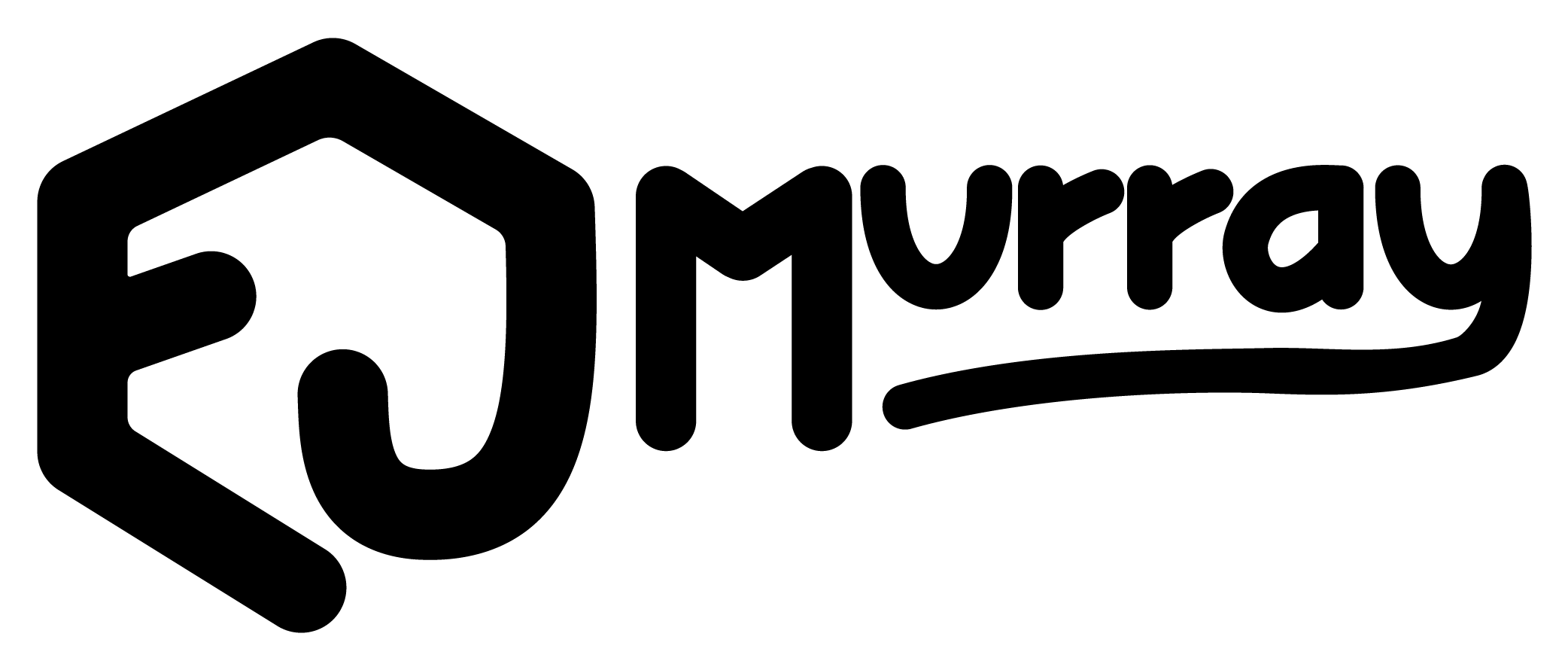It’s once again time for our Insecure Writer’s Support Group post!
November Question: What’s harder to do—coming up with your book title or writing the blurb?

I actually have a harder time writing the blurb, believe it or not. Its hard for me to condense my synopsis down to a logline that will attract a reader to pick up the book and start reading. I have little or no trouble with book titles, mostly because I know that the publisher is likely to change that title before the book is actually published. The blurb, however, needs to be as perfect as you can get it, and it needs to read like a movie logline. This is what the reader is going to look at first, to see if they want to read that book, and if you get it wrong, they won’t be attracted to it. I agonize over blurbs. I ask everyone I know for their opinion. I even poll my beta readers to see if I can improve it any. Blurbs are hard!
Titles, however, are easier. I’m not going to say they’re easy because it can be fairly hard to come up with the perfect title for your novel. I tend to finish my book first, then pick a title from something I’ve written. Sometimes, I just get a flash of inspiration and think of a title first, though. My novel Earthbeat was that way—I wanted something mysterious that referred to the fact that my alien protagonist was in an Earth band, and the word just came to me. Mostly, I have to finish the thing before the perfect title comes to me. You can also choose a title based on a famous quotation, as in Stranger in a Strange Land or By the Waters of Babylon. Nursery rhymes are also popular, as in Hickory, Dickory, Death or Ten Little Indians. Another way to come up with a title is to clarify the problem you’re solving in your book. Answer that question with your title or in the subtitle if you have one.
In case you’re wondering, yes, even famous authors have trouble picking the right title. Here are some bestsellers and their original titles. Do you think the title change helped the book?
- Fiesta (The Sun Also Rises) – Ernest Hemingway
- First Impressions (Pride & Prejudice)—Jane Austen
- Something That Happened (Of Mice & Men)—John Steinbeck
- Atticus (To Kill a Mockingbird)—Harper Lee
- Tomorrow is Another Day (Gone With the Wind)—Margaret Mitchell
- Stranger From Within (Lord of the Flies)—William Golding
- The Mute (The Heart is a Lonely Hunter)—Carson McCullers
- They Don’t Build Statues to Businessmen (Valley of the Dolls)—Jacqueline Susann
- All’s Well That Ends Well (War & Peace)—Leo Tolstoy
- Twilight (The Sound & the Fury)—William Faulkner
To pick a good title, the first thing you want to do is brainstorm. Pull out a sheet of paper or open a new document on your computer. Start jotting down ideas. See if you can get 10 or 20 possibilities (or even more) written down. The more, the merrier, and the more ideas you write, the more that will pop up in your mind. Never mind if they’re good or not at this stage—just jot them down. One way to choose a title is to answer a question, like “Who is this novel about?” (Forrest Gump or The Lord of the Rings), “What is this novel about?” (The Hunger Games or The Hunt for Red October), “When does this novel take place?” (Nineteen-Eighty-Fouror Love in the Time of Cholera), “Where does this novel take place?” (Cold Mountain or Little House on the Prairie), or even “Why should someone read this story?” (John Dies at the End or The Heart is a Lonely Hunter).
Some more title ideas: poetic phrases like alliteration (Tinker, Tailor, Soldier, Spy), description (Snow Falling on Cedars), mood (Fear & Loathing in Las Vegas), or action (Gone Girl). The right title should be attention-grabbing, memorable, and searchable (easy to remember and spell). It should give some clue to what the book is about, be easy to say out loud, and not be embarrassing to talk about. A good title is short (5 words or less) and catchy (it should entice the reader to read the blurb or start on Chapter 1). And don’t forget to “Google” your title to be sure someone else didn’t already have the same idea! It can be a long process to narrow down your perfect title, but it’s worth it in the end.
